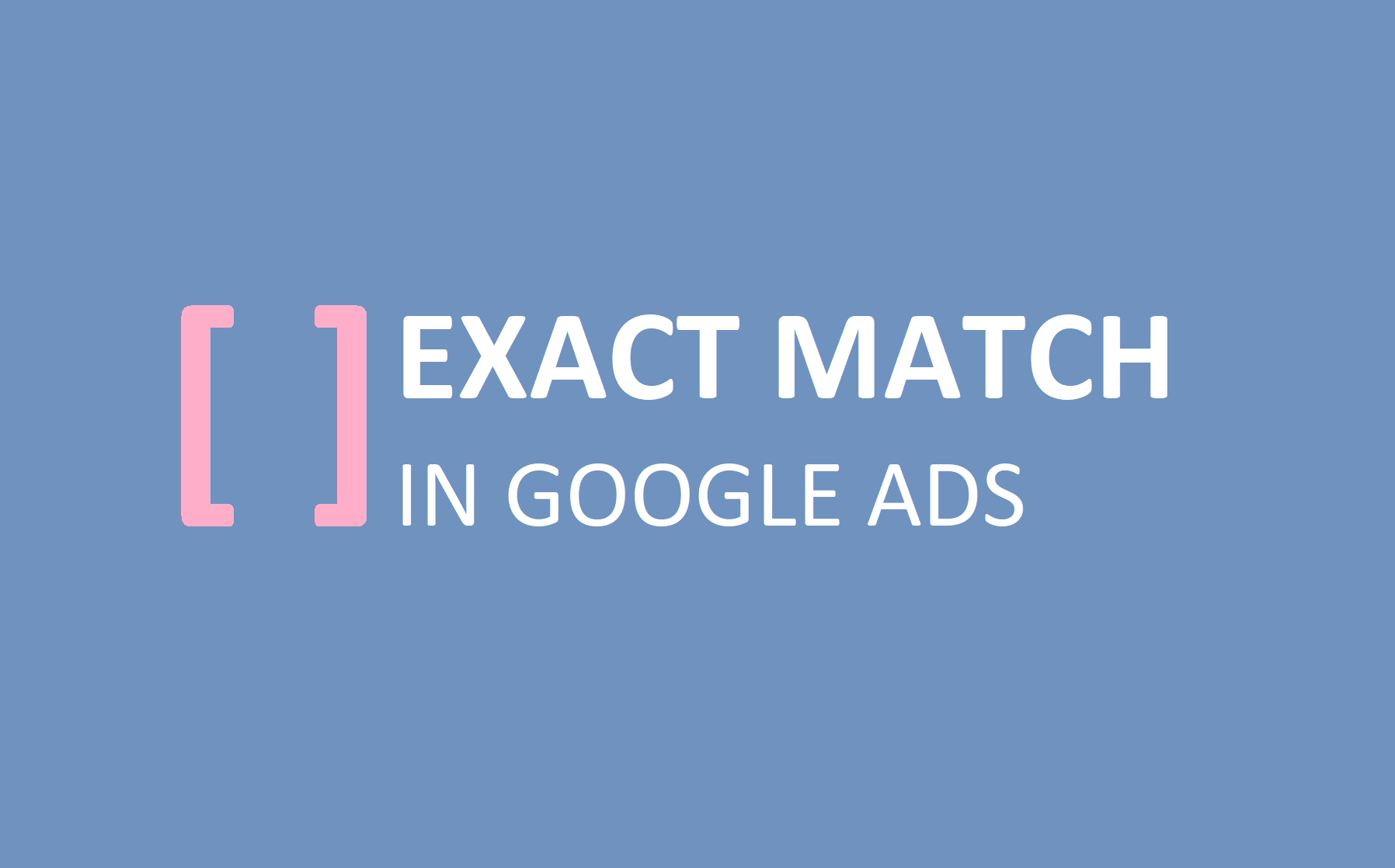
In Google’s inevitable march towards taking humans and agencies out of the PPC management equation, the most egregious and often costly changes to Google are its exact match keyword targeting with similar intent.
“Prior to this update, exact match was sacred for semantic control – the final place where a marketer can say show for this and only this.”
If Google’s A.I. – which I lovingly refer to as the money extraction algorithm – deems a search query close enough to an exact match keyword it will show the ad. “Close enough” includes implied words, paraphrasing, similar intent, prepositions, conjunctions, etc. Previous changes to Google for reference allowed word-order switches, plurals and typos.
The advertised benefit of the update is uncovering keyword variations you may be missing related to your product that people are searching for and improving costs per click (CPC’s). In my mind, however, this has always been the domain of broad match modified and phrase match. Prior to this update, exact match was sacred for semantic control – the final place where a marketer can say show for this and only this.
As we saw in the previous update for word-order switches, there are big differences between architect license and licensed architect, or paid search jobs vs. search paid jobs. The similar intent change is even more devious.
What is the Impact for Marketers?
Where does these changes to Google hurt marketers’ spend the most? For companies in competitive verticals with a broad range of searches. The costly clicks and inability to fine tune keyword matching quickly leads to very expensive campaigns.
As an example, the home contractor’s vertical is very competitive and much of its search traffic is research focused. With queries like “How to repair plumbing?”, or “plumbing contractors”.
The nuance is this. The keyword “plumbing repair” in California can cost upward of $25 a click, but “how to repair leaking plumbing” may only cost $7 a click. Want to separate those out in exact match keywords?
Too bad – Google now considers them similar.
And hey, maybe you’re not a national plumbing company that can pay these high CPCs – what do you do? Google tells you to build comprehensive negative keyword lists. After you’ve spent the money, of course, for this search term data.
Here’s the real rub, what if you don’t have common search queries that you can easily block? What if in 4,000 searches, you only have a handful of search terms with more than 5 clicks? Long-tail and broad intent campaigns, like this example, start spending very inefficiently where variations are the majority of searches.
What could be next?
Now, we’ll never be able to predict exactly what Google has up its sleeve, but let’s play another what-if.
What if, one day, a marketer can no longer rely on exact match in negative keyword lists either? What if Google has another update and their AI makes a best guess that this person and search query are not looking for your product? It already does something similar with smart bids, but this scenario makes my brain hurt.
Or what if even further down the road, Google says I actually don’t need your input at all on keywords or negative keywords? Dynamic Search Ads based on your site are the only option.
What should you do today?
This is the biggest question and one we work hard to address every day. What your campaigns need most right now is vigilant monitoring of your search term report. Consistently add negative keywords to refine what you are and are not showing for. You might even have to make some assumptions on what you need to exclude as you cannot always wait for enough data, especially with the unpredictability of what you might be matching for. Come up with an approach you’re comfortable with and live by it.
Need some help? Contact eAccountable today and we’ll set up a free consultation.
